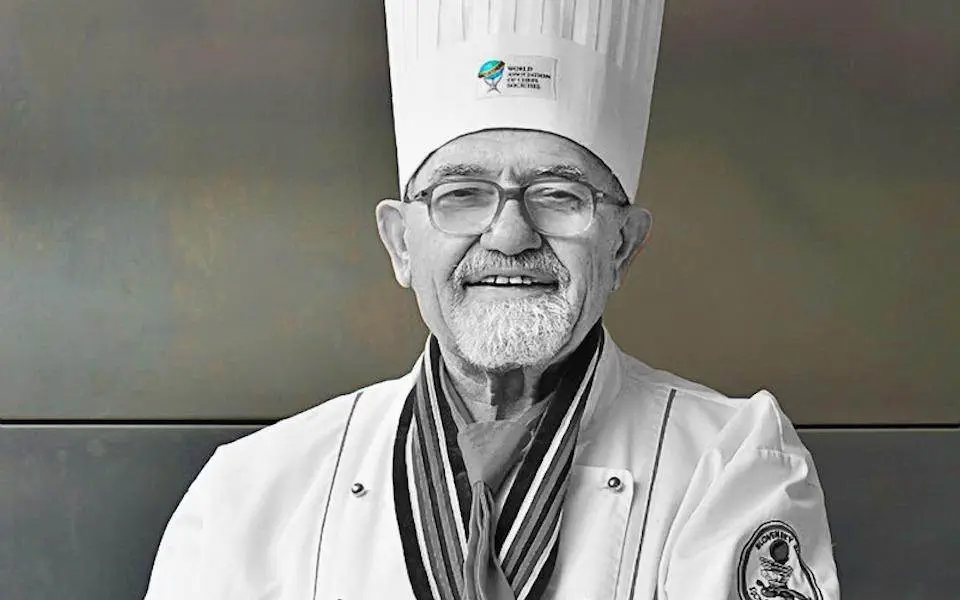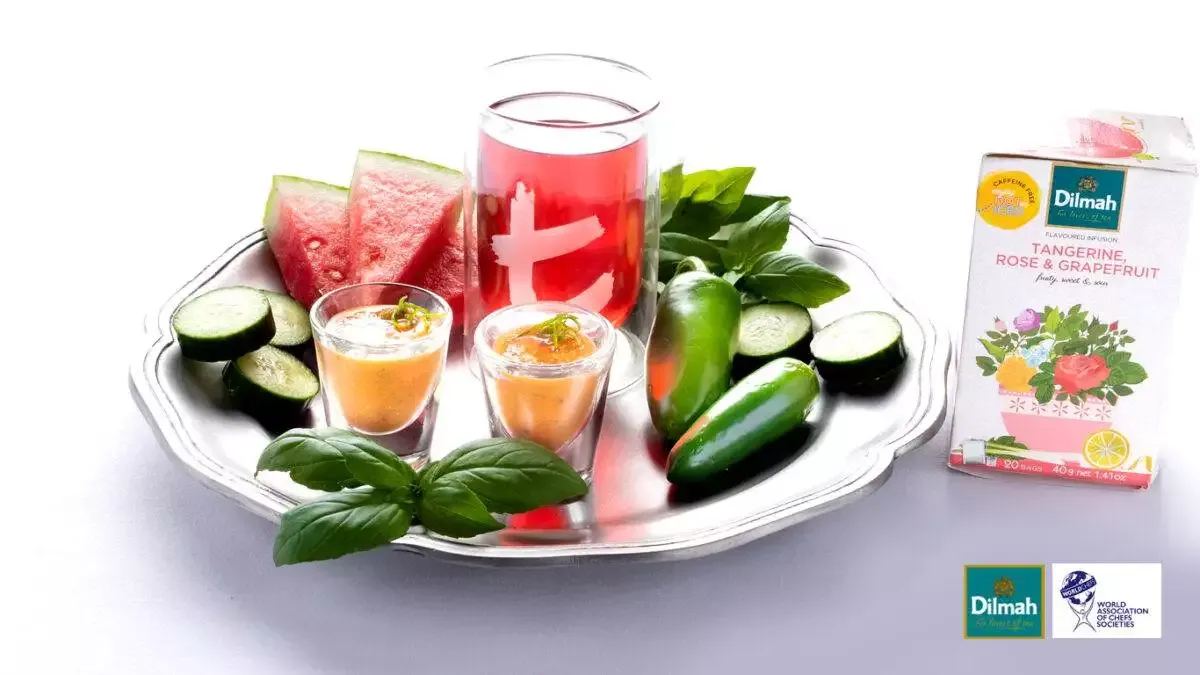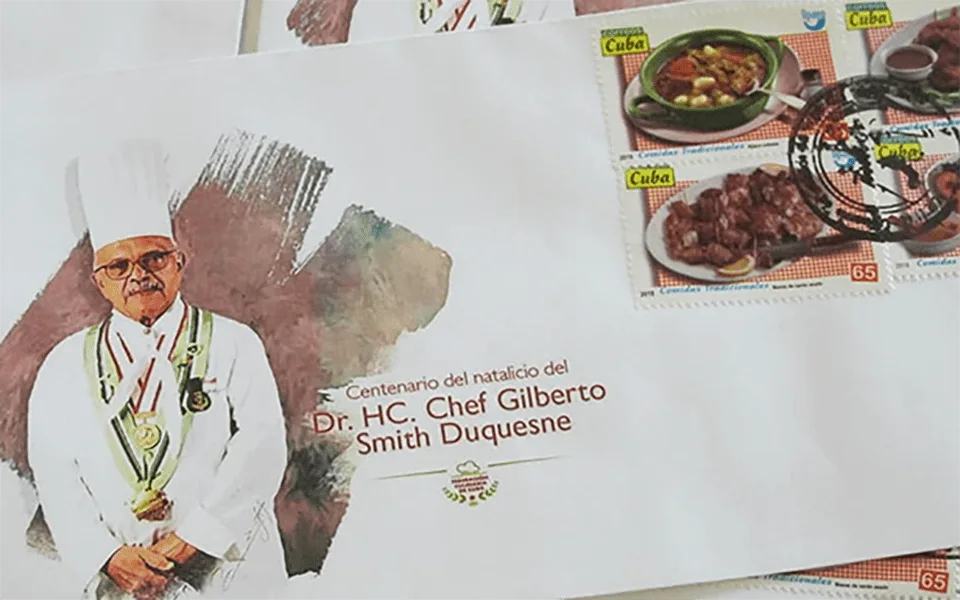Programme Manager (Pastry, Bakery and Confectionery): International Culinary Institute
Major Duties:
1. To provide leadership in the planning, development, implementation, quality assurance, and administration of Pastry, Bakery, and Confectionery Food Preparation programs
2. To develop, review, update and monitor the training curriculum and syllabus of training programs to meet with the latest needs of the industry
3. To conduct training in Pastry, Bakery, and Confectionery Food Preparation related programs
4. To undertake administration, training, and operational related duties, including supervision of staff and management of resources
5. To oversee the operation of the training kitchens, coordinate special training events/functions and culinary competitions which form part of the Integrated Learning Experience of the training programs
6. To establish and maintain close contacts with the industry partners, professional bodies, and institutes both local and overseas
7. To support marketing and promotional activities of the culinary programs
8. To compile the financial estimates and training statistics as well as to oversee the procurement, maintenance, and commissioning of plants and equipment of the section.
Requirements
1. A recognized degree in a relevant discipline or equivalent; and preferably memberships of relevant professional bodies
2. At least 5 years’ international experience in the relevant industry and/or teaching
3. Preferably with:
- qualification of Master Confectioner (Konditor Meister) and Certified Trainer Chef Certificate (Ausbildereignunspruefung (AEVO)) in Western Pastry and Confectionery Cuisine, or equivalent
- knowledge and experience in trade test systems
4. Proven management and administrative experience at a senior level
5. Proficiency in written and spoken English
6. Proficiency in computer software applications
7. Ability to pass a trade test.
Notes:
| (1) | The post is in the rank of “Principal Instructor”. |
| (2) | The appointable candidate shall assume duty in September 2021. |
| (3) | Candidates without the required academic qualification stated in (a) above but possessing 18 years’ relevant experience may also apply. Where applicable, these candidates may be required to have a Qualifications Framework (QF) Level 4 qualification. |
| (4) | The appointee may be required to perform duties outside normal office hours in designated places as assigned. |
| (5) | In support of the Sexual Conviction Record Check (SCRC) Scheme launched by the Hong Kong Police Force, all prospective appointees will be requested to undergo the SCRC at the advanced stage of the employment process. |
| (6) | Those who have responded to this post in the past three months need not re-apply. |
Application Procedure
A completed application form [VTC-1 (Rev. 1/2018)], together with a full curriculum vitae, should be sent to the Human Resources Division, 18/F, VTC Tower, 27 Wood Road, Wanchai, Hong Kong. Please specify on the envelope the reference of the post being applied for.
Below please find the link for VTC-1 form. Kindly note that email application is not accepted.
https://www.vtc.edu.hk/uploads/files/Forms/Job%20Opportunities/VTC-1%20_Rev%201-2018_3.pdf
| Closing date for application: 28 February 2021 |
Applicants not invited for interview within 10 weeks from the closing date may consider their applications unsuccessful.
The Council reserves the right not to fill the post(s).
Personal data collected will be used for recruitment purposes only. Information on unsuccessful candidates will normally be destroyed 12 months after the completion of the recruitment exercise.
To search this job and thousands more, create your free Worldchefs online account!
















